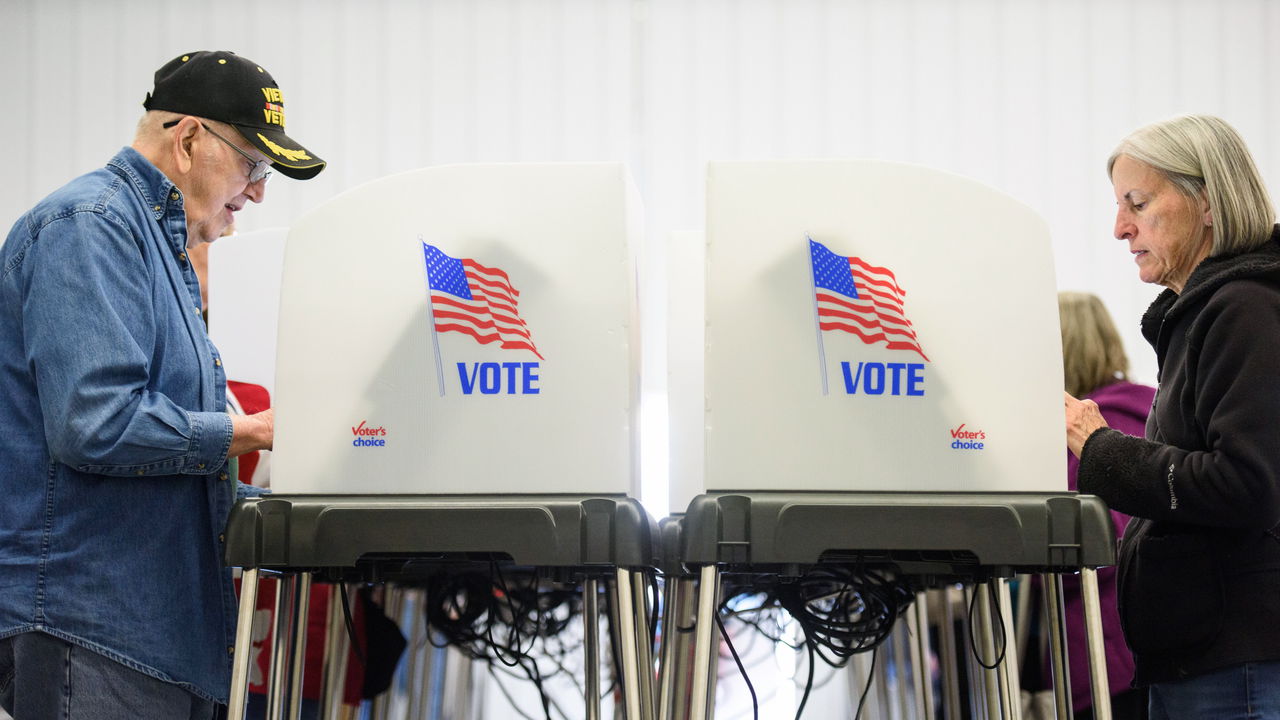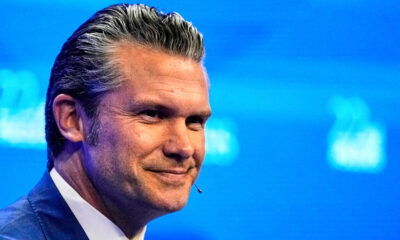Hiring decreased just slightly in May even as consumers and companies braced against tariffs and a potentially slowing economy, the Bureau of Labor Statistics reported Friday.
Nonfarm payrolls rose 139,000 for the month, above the muted Dow Jones estimate for 125,000 and a bit below the downwardly revised 147,000 that the U.S. economy added in April.
The unemployment rate held steady at 4.2%. A more encompassing measure that includes discouraged workers and the underemployed also was unchanged, holding at 7.8%.
Worker pay grew more than expected, with average hourly earnings up 0.4% during the month and 3.9% from a year ago, compared with respective forecasts for 0.3% and 3.7%.
“Stronger than expected jobs growth and stable unemployment underlines the resilience of the US labor market in the face of recent shocks,” said Lindsay Rosner, head of multi-sector fixed income investing at Goldman Sachs Asset Management.
Nearly half the job growth came from health care, which added 62,000, even higher than its average gain of 44,000 over the past year. Leisure and hospitality contributed 48,000 while social assistance added 16,000.
On the downside, government lost 22,000 jobs as efforts to cull the federal workforce by President Donald Trump and the Elon Musk-led Department of Government Efficiency began to show an impact.
Stock market futures jumped higher after the release as did Treasury yields.
Though the May numbers were better than expected, there were some underlying trouble spots.
The April count was revised lower by 30,000, while March’s total came down by 65,000 to 120,000.
There also were disparities between the establishment survey, which is used to generate the headline payrolls gain, and the household survey, which is used for the unemployment rate. The latter count, generally more volatile than the establishment survey, showed a decrease of 696,000 workers. Full-time workers declined by 623,000, while part-timers rose by 33,000.
“The May jobs report still has everyone waiting for the other shoe to drop,” said Daniel Zhao, lead economist at job rating site Glassdoor. “This report shows the job market standing tall, but as economic headwinds stack up cumulatively, it’s only a matter of time before the job market starts straining against those headwinds.”
The report comes against a teetering economic background, complicated by Trump’s tariffs and an ever-changing variable of how far he will go to try to level the global playing field for American goods.
Most indicators show that the economy is still a good distance from recession. But sentiment surveys indicate high degrees of anxiety from both consumers and business leaders as they brace for the ultimate impact of how much tariffs will slow business activity and increase inflation.
For their part, Federal Reserve officials are viewing the current landscape with caution.
The central bank holds its next policy meeting in less than two weeks, with markets largely expecting the Fed to stay on hold regarding interest rates. In recent speeches, policymakers have indicated greater concern with the potential for tariff-induced inflation.
“With the Fed laser-focused on managing the risks to the inflation side of its mandate, today’s stronger than expected jobs report will do little to alter its patient approach,” said Rosner, the Goldman Sachs strategist.
Friday also marks the final day before Fed officials head into their quiet period before the meeting, when they do not issue policy remarks.

 Blog Post7 days ago
Blog Post7 days ago
 Economics1 week ago
Economics1 week ago
 Finance1 week ago
Finance1 week ago
 Economics1 week ago
Economics1 week ago
 Economics1 week ago
Economics1 week ago
 Personal Finance1 week ago
Personal Finance1 week ago
 Economics1 week ago
Economics1 week ago
 Accounting1 week ago
Accounting1 week ago




















